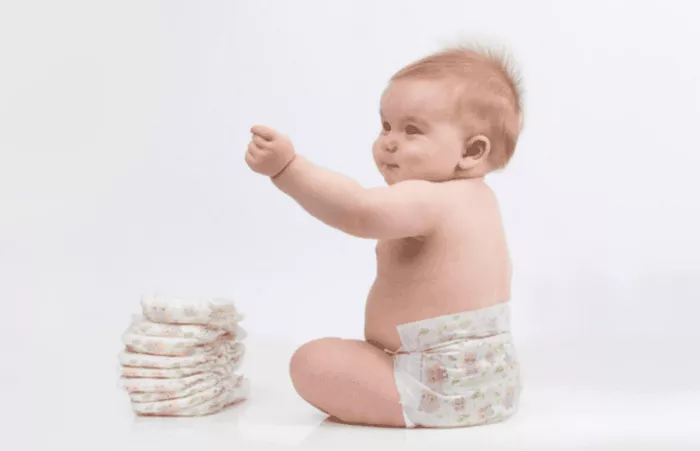As new parents navigate the myriad of choices when it comes to caring for their newborn, one fundamental consideration is often overlooked—the size of diapers. Finding the smallest diaper size that fits your newborn snugly and comfortably is crucial for their well-being and your peace of mind. In this comprehensive guide, we’ll delve into the nuances of diaper sizing, explore common size ranges, offer tips for choosing the right size, provide guidance on accurate measurements, and recommend some top products tailored to the smallest diaper sizes.
Definition of Diaper Sizes:
Diaper sizes are standardized indicators used by manufacturers to categorize their products based on the weight or waist circumference of the baby. These sizes help parents select the most appropriate diaper for their child’s needs, ensuring both comfort and leakage prevention. It’s important to note that diaper sizes can vary across brands and types, so what constitutes a “size 1” in one brand may differ slightly from another.
Common Diaper Size Ranges:
Diaper sizes typically start from newborn or preemie sizes and progress as the baby grows. Here’s a concise breakdown of common diaper sizes along with their associated weight ranges:
Preemie: Designed for premature babies or those with low birth weight, typically up to 6 pounds.
Newborn: Suitable for babies weighing up to 10 pounds.
Size 1: Intended for babies weighing 8-14 pounds.
Size 2: Designed for babies weighing 12-18 pounds.
Size 3: Suitable for babies weighing 16-28 pounds.
Size 4: Intended for babies weighing 22-37 pounds.
Size 5: Designed for babies weighing 27+ pounds.
Size 6: Suitable for toddlers and older babies weighing 35+ pounds.
These size ranges are approximate and may vary slightly depending on the manufacturer.
Choosing the Right Size:
Selecting the correct diaper size is crucial for your baby’s comfort and to prevent leaks. A diaper that is too small can cause discomfort, leading to skin irritation and even restriction of movement. Conversely, a diaper that is too big may not provide adequate containment, resulting in leaks and messes. It’s essential to monitor your baby’s weight regularly and switch to the next size as they grow to ensure a proper fit.
Tips for Measuring:
Accurate measurements are key to determining the right diaper size for your baby. Here are some tips to help you measure effectively:
1. Use a flexible tape measure to measure your baby’s waist or hip circumference, depending on the diaper’s design.
2. Measure at the narrowest part of the waist for a precise fit.
3. Refer to the manufacturer-provided size charts, which often correlate weight with diaper size to guide your selection.
4. Keep in mind that every baby is unique, so don’t hesitate to try different sizes until you find the perfect fit.
Product Recommendations:
When it comes to choosing diapers for newborns or smaller babies, certain brands offer specially designed products that cater to their needs. Here are some recommendations for diapers in the smallest sizes:
1. Pampers Swaddlers Preemie: Specifically designed for premature babies or those with low birth weight, these diapers offer gentle protection and a snug fit for delicate newborns.
2. Huggies Little Snugglers Newborn: With a soft, breathable outer cover and a wetness indicator, these diapers provide comfort and convenience for newborns up to 10 pounds.
3. Luvs Ultra Leakguards Size 1: Offering reliable leakage protection and a contoured shape for a comfortable fit, these diapers are suitable for babies weighing 8-14 pounds.
4. Seventh Generation Free & Clear Newborn: Made with plant-based materials and free from harsh chemicals, these diapers are gentle on sensitive skin and ideal for babies up to 10 pounds.
5. The Honest Company Newborn Diapers: Featuring a hypoallergenic, breathable design and adorable prints, these diapers provide both style and functionality for newborns up to 10 pounds.
These recommendations are based on product features, customer reviews, and overall reputation within the market.
In conclusion, finding the smallest diaper size that fits your newborn comfortably is essential for their well-being and your peace of mind. By understanding diaper sizing, choosing the right size, measuring accurately, and selecting suitable products, you can ensure a positive diapering experience for both you and your baby.


